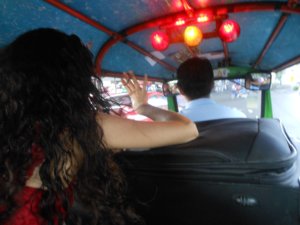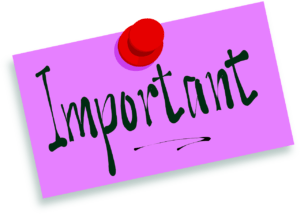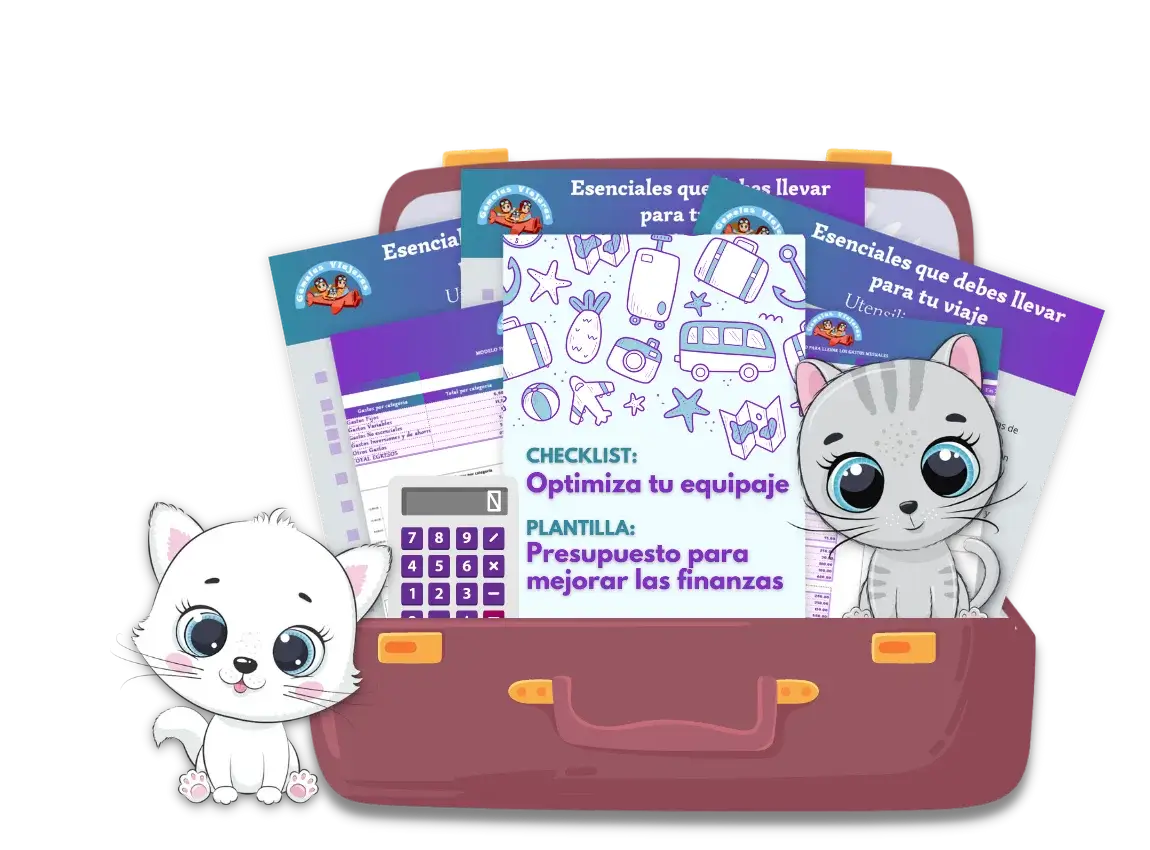We have been traveling the world for more than 17 years and have developed a list that allows us to optimize time and prevent anything essential from being left to chance.
This is very important when going to countries about which we know very little. Even countries that are “familiar” to us, such as European or American countries, may surprise us with some idiosyncratic requirement or issue.
Although one can never cover all the possible scenarios that can occur when leaving the trip, having a previous list and sanctioned by experience has been of immense value to us.
Today we want to share with you our checklist.
Find out as much as you can about your destination
- Read your favorite blogger if it has been in your destination. Even write to him if you have a more specific question.
- In general, online guides like Lonely Planet give good information, but in print editions this can be a bit outdated. In addition we are much more ecofriendly if we do not print the paper.
- To avoid surprises at customs, find out as much as you can on the websites of the government of the country of destination issues such as visa need to enter, required vaccinations, yellow fever, special requirements, times spent as a tourist, etc.

- Do research on the political situation, riots, conflicts or natural events that may be occurring in the country. It happened to some friends travelling through Central Europe in 2002 that, while in Berlin, they were preparing with emotion their trip to Prague. Upon arriving at the travel agency to buy tickets to Prague, the employee told them “Are you sure?” while pointing to a diary where trains were seen underwater. These friends were in the middle of the floods in Central Europe in 2002 and had not noticed!
- Soak up the culture and laws of your destiny. It can save you a lot of inconvenience and embarrassing situations. In Singapore, you’re fined $1000 for chewing gum (No, no kidding) or if you kiss in public.
- Make sure your international driver’s license is valid at your destination,if you want to rent a vehicle. It is best if you rent in advance before traveling.
Money issues
- Investigate whether the bank that gave you your credit cards will charge you extra fees for using them abroad. It often happens that if, for example, we use our credit card issued in Montreal abroad we must pay double commission: that of our bank in Montreal and that of the bank of commerce in the country of destination. Some banks grant credit cards only for travel. Find out if your bank offers that service.

- Suspend while you are traveling the roaming service of the cell phone. Making a phone call and even if they send you a text message, can be very expensive. If you are going to stay more than two weeks we recommend buying SIM card to be connected. If it’s less than two weeks, in hostels, Airbnb, public places or franchises like McDonald’s there’s always free wifi.
- Try to exchange currencies of the destination country before traveling. If you need to change money already being in the destination country, go better to an exchange house and not to the banks, the commissions are very high and you would lose money, on the other hand, avoid at all costs to change at airports.
- Find out about the options of transport cards and tickets to tourist sites. If your goal is to visit “all” museums, there are ticket cards with special prices to visit a list of museums. There may also be special cards for transport: metro, train or buses. If you can get in the way, ask the subway employee directly.
What to bring

- Personal hygiene products. You can save if you buy them at home. In economic countries like Thailand you could buy them there. But they may not be of the quality or variety you’re used to. Or you may not find them. In Shanghai, Hong Kong, and Beijing for example and even though they are big cities, it was impossible for us to find floss and deodorant. We with the issue of hygiene are a bit picky and prefer to take our products.
- Electrical adapter. There are at least 13 standards for plugs and wall outlets. Queries the one used in the destination country and purchases an adapter.
- Bring your towel. Especially if you have chosen a hostel to stay that does not include lingerie.
- Carry a koala or belt bag for the essentials. There are flat models ideal to wear inside the pants.
- Consider bringing only what you’re going to use. In our case, if we are not going to use passports to rent bicycles for example, we leave them under lock and key in the suitcases in our room.
- Antibacterial cream or gel. Very important with so much virus swarming around the world.
- Pen. It’s amazing how much you’ll need a humble pen. And it’s best not to go through the awkward moment of asking a stranger. Because you’re going to have to fill out annoying forms almost without exception.
- Some common sense, wear appropriate clothing according to the season in the destination country. Keep in mind that a winter in Moscow is not the same as in northern Spain, for example.
- It carries cocoa cream for the lips. In winter or summer you must protect yourself from the sun.
- Portable charger for cell phone. It costs about $30. It saves you a lot of time: Find a place to charge your laptop. Then wait for this one to load… Especially in winter, that the cell phone is downloaded much faster than in summer.
- If you’re like us, addicted to coffee, bring a little coffee maker type greca. A half-kilo pack of coffee can cost you $3 and can last you two or three weeks. In a coffee shop a café can cost you 2 or more dollars.
- If you like to cook, bring containers of Tupperwares,salt shaker, sugar and a bottle of oil. You can bring plastic cutlery. Or you can bring those multifunctional cutlery (spoon on one side fork on the other).
- A Swiss army knife, to open cans, containers. In addition to other functions such as knife cutters, scissors, razor and a host of other things in a compact presentation. There are a number of models that can meet your needs. Check out the Victorinoxsite.
Conclusion
 The constant practice of these recommendations will make you optimize them to your exact needs and the adaptation to your different destinations will be easier.
The constant practice of these recommendations will make you optimize them to your exact needs and the adaptation to your different destinations will be easier.
The ideal is that these previous preparations are made a second nature. In this way you will avoid that horrible feeling that you forgot something at home or did not do the procedure that you should have done or, simply, you will encounter an obstacle that subtracts enjoyment and time from your trip and that you could have easily avoided with a little foresight.
But above all, we lack the main tool without which no traveler should leave: common sense.
Always assess all situations using common sense. That, and these simple recommendations will make your trip a true adventure of enjoyment and learning.
“We travel not to escape life, but so that life does not escape from us.” – Anonymous.
